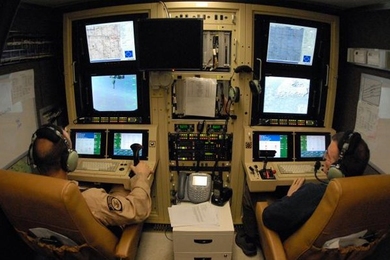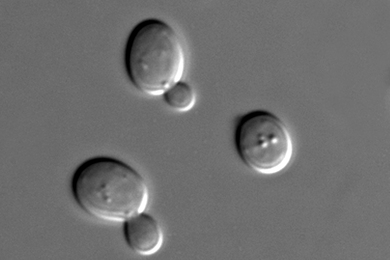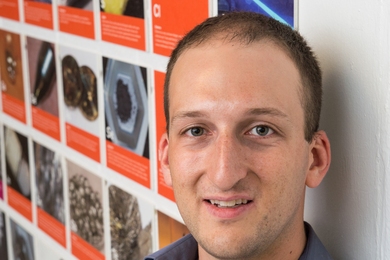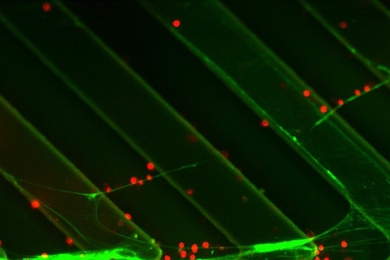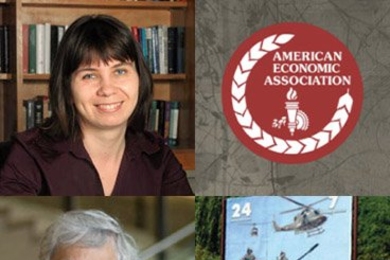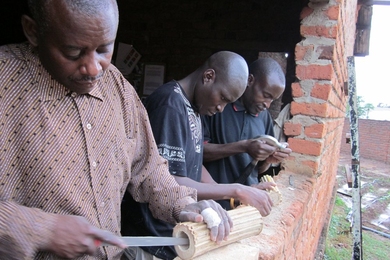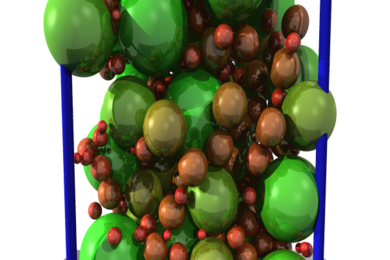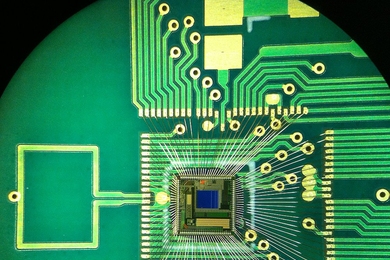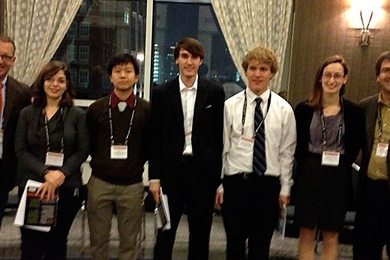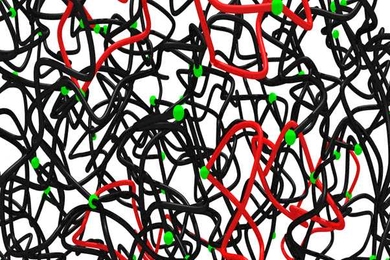Driving drones can be a drag
Study shows distractions may alleviate boredom and improve drone operators’ performance.
Speeding algorithms by shrinking data
A new approach to processing ‘big data’ creates succinct representations of huge data sets, so that existing algorithms can handle them efficiently.
It pays to cooperate
Yeast cells that share food have a survival edge over their freeloading neighbors — particularly when there is bacterial competition.
On the hunt for rare cancer cells
Jellyfish-inspired device that rapidly and efficiently captures cancer cells from blood samples could enable better patient monitoring.
Three awards for MIT research in anthropology, economics and political science
Mikusheva receives Elaine Bennett Research Prize; Petersen wins Distinguished Book Award; Helmreich wins Rachel Carson Prize.
MIT a linchpin of major new USAID program
Institute researchers aim to spur development and evaluation of useful technologies to help the world’s poor.
Fighting bacteria with mucus
Study shows that key proteins in mucus prevent bacterial adhesion to surfaces, could help prevent growth of biofilms.
Medical devices powered by the ear itself
For the first time, researchers power an implantable electronic device using an electrical potential — a natural battery — deep in the inner ear.
New method could help communities plan for climate risk
MIT researchers develop tool to assess regional risks of climate change, potential impacts on local infrastructure and planning.
Undergraduate Winters presents winning poster at APS annual meeting
Department of Nuclear Science and Engineering junior wins one of three poster awards.
A step toward stronger polymers
Counting loops that weaken materials could help researchers eliminate structural flaws.
